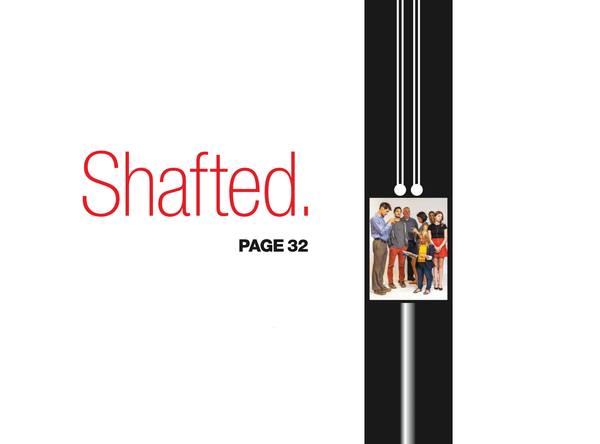Attention slot machines, now with open protocols! What is the “fediverse” actually achieving?
Your TL;DR Briefing on things worth tracking — and talking about over your next power lunch. *Wink.* This time the thing is engagement casinos, attention slot machines and the fediverse rebels hustling for a social web no lone billionaire can own.

The thing is:
If you want to understand the discourses around the future of the social web, I regret to inform you that we need to use the term “interoperable protocols.”
To understand that term, it helps to ponder what our cyber world without interoperable email protocols could have become.
And to do that, the briefing becomes inarguably more fun if we describe this alternate timeline as one in which the dot-com bubble was primarily ruled by drag queen villainesses who hate open protocols — and do not sew any of their own looks.





